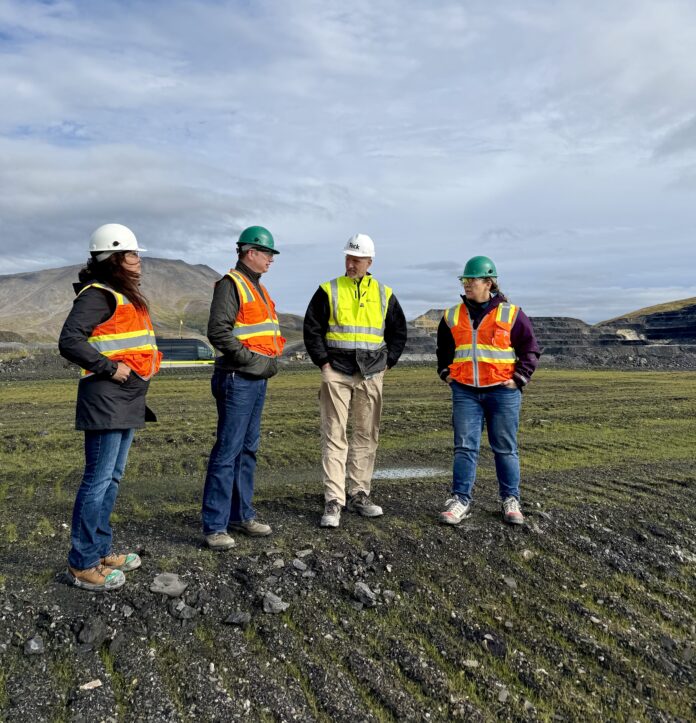Congressman Nick Begich visited Red Dog Mine this week, drawing attention to both the mine’s importance to Alaska and the looming threat of closure if new deposits are not developed.
Red Dog, located in Northwest Alaska, is one of the world’s largest zinc mines, providing 5% of the world’s zinc supply and accounting for more than 80 percent of the revenue for the remote Northwest Arctic Borough. But under current projections, the mine’s ore body could be exhausted by 2031, raising concerns about devastating economic impacts for the region.
Mine operator Teck Resources is exploring additional deposits on state land, but the exploration and evaluation process could take years. Congressman Begich has made streamlining federal permitting a key priority in Congress, stressing the urgency of securing Red Dog’s future.
“Red Dog Mine is a shining example of community opportunity and responsibility combining to create jobs and revenue that just simply didn’t exist in this region,” Begich said. “It is a success story for an area of Alaska that previously had few private sector jobs and opportunity. Red Dog is a national strategic resource producing world-class quantities and grade of lead, zinc, and germanium. The world needs Alaska, and Alaska needs development.”
The region is the size of Indiana but has fewer than 9,000 residents. It is historically one of the more impoverished areas of the state.
The Trump Administration has also placed a high emphasis on domestic mineral production. In April, President Trump signed an executive order aimed at unlocking offshore critical minerals and positioning the United States as a global leader in resource development and innovation.
For Northwest Alaska and national security, the stakes are high. Without new development, Red Dog’s closure could create a fiscal cliff for the borough and ripple effects across the state’s resource economy.
